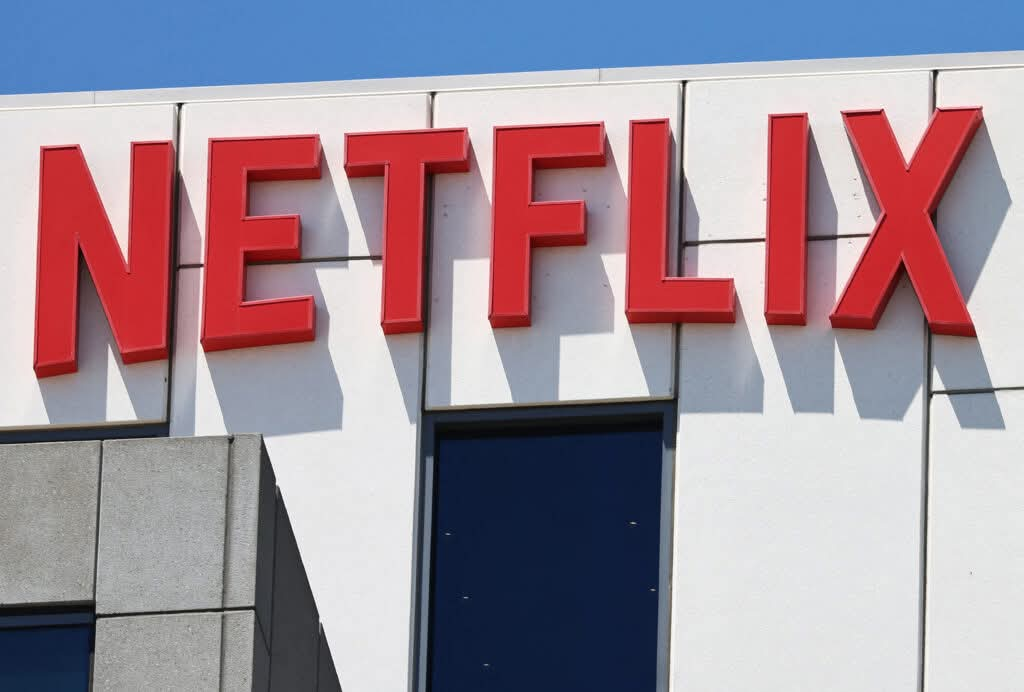Digital Tax Reform: Uber, Netflix and Other Platforms Now to Pay Taxes
The government is shaking things up with a new tax reform bill, and if you’re into ride-hailing, freelancing, or even retirement plans, this one’s for you.
But, don’t worry, it’s not as intimidating as it sounds.
Let’s break it down into plain, relatable bits you can digest while sipping your coffee (or tea, we don’t judge).
1. What is the Digital Marketplace?
Imagine this: you book an Uber, grab some takeout via Glovo, or pay a freelancer for a quick logo design. These services are all part of what’s now officially being called the “digital marketplace.”
Previously, platform owners like Uber and Bolt weren’t paying taxes in Kenya, even though they made a tidy sum right here.
Now, the government wants to tax platform owners, not you, the end-user or driver.
Here’s the kicker: while this move promises more cash for government projects, there’s a risk that these platforms could increase prices to cover the new tax.
So, your Uber rides might cost a little more. Fingers crossed they don’t.

Why does it matter to you?
More taxes mean more funds for government priorities like affordable housing and healthcare. Good thing.
If the platforms play fair, you won’t feel the pinch as a user or driver.
2. Important Tax Definitions
Ever gotten lost in the legal mumbo jumbo of what terms like “retirement fund” or “royalty” actually mean? Let’s clean up these definitions to make them crystal clear.
(a) Individual Retirement Fund:
These are your savings for retirement held in trust by a qualified institution.
The new rules mean that only the Retirement Benefits Authority (RBA) can register these funds, cutting out unnecessary oversight by the Commissioner. Bottom line? Your retirement nest egg is safer.
(b) Individual Pension Fund:
Similar to retirement funds, this amendment ensures pension funds follow RBA rules exclusively. No extra hoops to jump through.
(c) Provident Fund:
Think of this as a lump-sum payout fund for employees when they retire or pass away. The new rules mean you don’t need Commissioner approval to register these funds anymore.
(d) Royalty:
The new definition covers a lot more, like payments for software (whether it’s a license, maintenance, or training) and even gains from selling intellectual property.
Basically, if you’re making money from creative or industrial assets, this one’s for you.
(e) Wife’s Employment:
A relic of outdated tax language is getting deleted. Finally, right?
(f) Donation:
This new definition clears up any confusion – donations now mean any monetary or in-kind benefit given without expecting anything in return.
(g) Public Entity:
Government bodies like ministries or state corporations are now explicitly defined. If you’re dealing with these entities, you’ll know exactly how to account for your income.
(h) Fund:
Whether it’s a retirement, pension, or provident fund, all these definitions now sit squarely under RBA rules. This means more uniformity and fewer surprises.

Why does it matter to you?
If you’re saving for retirement, these changes protect your money by keeping shady dealings out of the system.
Clear definitions mean fewer sneaky tax dodges by big players and a fairer system for all.
Even small details, like how donations are treated, could simplify life for charities and donors alike.
In a Nutshell….
This tax reform is about two things: levelling the playing field for digital businesses and making sure tax terms are clear and fair.
With these updates, your retirement funds are more secure, royalties make more sense, and outdated terms are getting the boot.
While it’s a step in the right direction, how these changes play out – especially on your Uber rides – remains to be seen. Stay tuned as we keep an eye on the updates.
In the meantime, let us know: What’s your take on these proposed changes?








